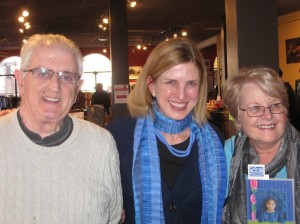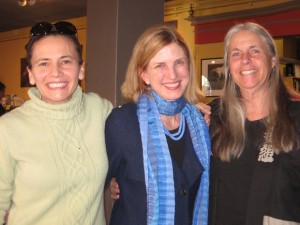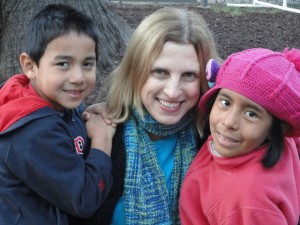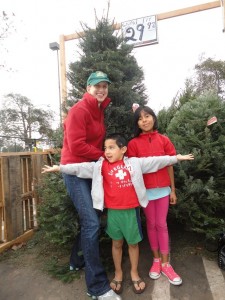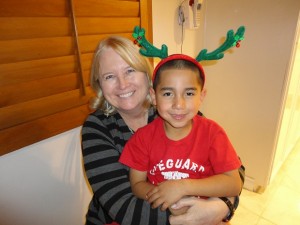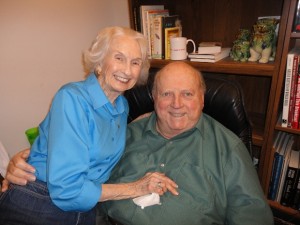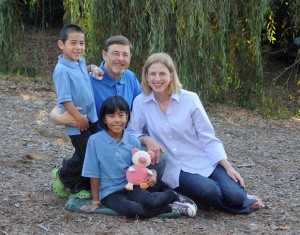A few days ago, Andrea Poe of the Washington Times interviewed me about Mamalita for the paper’s section called “The Red Thread: An Adoptive Family Forum.” As a great admirer of Poe’s support for adoption, I was incredibly honored when she told me she loved my book, and that her profile of me and our story would run in her column on January 11, 2011. Readers of this blog may remember my comments on the piece Poe ran on the Gatto Family, whose case has been stalled in Guatemala since the closure of adoption in December 2007. In another piece, titled “UNICEF’s effective attack on inter-country adoption,” Poe wrote about why the stated policy of the organization founded to help children often does the opposite. Andrea Poe writes the kind of articles about adoption that I want to read.
In the article about Mamalita, Poe writes:
The process to finalize the adoption should have taken a few months. Instead, it began to drag on without clear answers. When O’Dwyer reached out to her adoption agency, she would be told they were trying, things were difficult and to be patient.
“I would be heart-broken when I went down to Guatemala to visit Olivia and find her strapped into a stroller in front of the TV,” recalls O’Dwyer. “The foster parents weren’t bad people, they had other children and they had signed up as foster parents to a baby and Olivia was growing up. Time was going by and Olivia wasn’t growing up with us. Her attachment was to her foster parents.”
That’s when O’Dwyer made the decision to move to Guatemala, even while Tim stayed back in California. “I really had no choice. I wanted to raise my daughter,” she explains.
She rented a home in a town called Antigua, a community where several expats were located, all mothers who had moved down to Guatemala to live with their children, also caught in bureaucratic limbo. The good news was that the American parents were permitted to keep their children with them as the paperwork dragged through the system, but the bad news was that there was no streamlined process that afforded these families any sense of security. “I actually faced the fact that I might have to live in Guatemala until Olivia turned 18,” says O’Dwyer.
Poe ends the article with this:
When asked for advice for other parents stuck where she was, waiting and wondering if they will ever be able to bring their kids home, [O’Dwyer] offers this: “Do the very best you can and be active. My goal was to do one thing every single day that forwarded my goal, even a small thing. Lobby and advocate officials for change, and when outraged write letters. Most importantly, don’t give up.”
Read Andrea Poe’s article here. If you have an opinion about it, please post a comment on “The Red Thread: An Adoptive Family Forum” site. And here, too, of course!
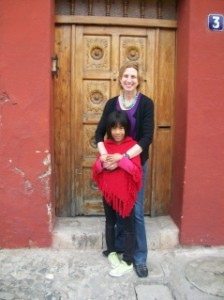



 ShareThis
ShareThis